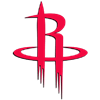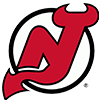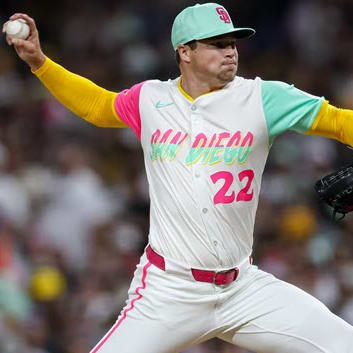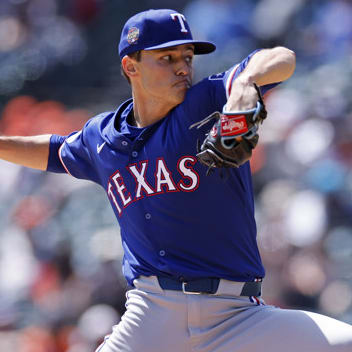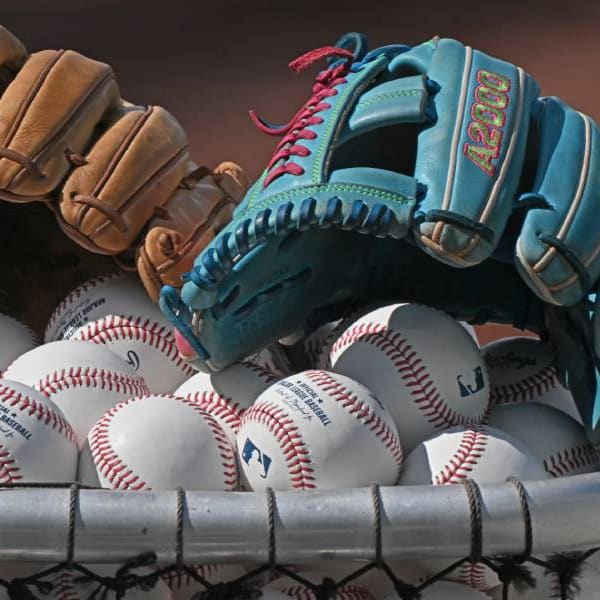As RotoWire continues to build out our content coverage of Daily Fantasy Sports, we'll introduce users to new offerings in the space. Previously, we introduced you to FASTBREAK, DailyMVP's fantasy basketball game. This week, we're taking a look at DailyMVP and their new fantasy baseball game, TriplePlay.
Available to download from the App Store, mobile-responsive web for Android* or desktop, DailyMVP offers users daily and weekly fantasy sports contests in a quick and easy to set up format.
Much like FASTBREAK, DailyMVP's TriplePlay allows fans to compete in head-to-head fantasy matchups against friends or randomly selected opponents within a matter of minutes, or even seconds. Contests invitations can be sent via email, text or Facebook (the fastest way to challenge friends), and multi-player contests have recently launched. Users can dive right into cash contests, or ease into things with a free game. On the cash side, you can choose contests at $1, $2, $5, $10, $20, $50 and $100.
The website is slick looking and easy to use, with game options immediately available on the homepage, and a rules section that should answer any questions a user might have. If you need to deposit or withdraw, simply click on the wallet in the top right corner. The website is a breeze to navigate with a quick-to-grasp user interface.
TriplePlay is a unique offering in the daily games space, diverging from the typical salary cap or snake draft format. Users pick three players – one pitcher, one infielder, one outfielder – from three different teams, with no other limitations. But, fear not, it isn't as simple as just picking the three best players on any given day.
DailyMVP has introduced the Fantasy Equalizer, ensuring that there is plenty of strategy in the selection process. The Fantasy Equalizer is applied to the lowest projected score to "equalize" or level the playing field before the contest starts. That way, when the contest starts all you need to track is which team, yours or your opponent's, ends up with the most fantasy points. We'll dive into the Fantasy Equalizer more during the strategy discussion below.
Scoring
The scoring system on TriplePlay is easy to grasp. Hitters accumulate points for each good deed they do at the plate or on the base paths.
For pitchers, the format is less strikeout-heavy than other sites, and there is no penalty for surrendering hits or walks.
Single: 1 point
Double: 2 points
Triple: 3 points
Home Run: 4 points
Run: 1 point
RBI: 1 point
Walk: 1 point
Stolen base: 2 points
Win: 3 points
Inning pitched: 1.5 points
Strikeout: 1 point
Pitcher Strategy
Make no mistake, the strategy here is going to be different from what daily gamers are used to, and that isn't a bad thing.
First and foremost, there's a big emphasis on innings pitched, and strikeouts still help a lot but aren't necessarily make-or-break. Mark Buehrle, Doug Fister, Jordan Zimmerman, and Kyle Lohse are higher scorers than you might think, while the likes of Jeff Samarzdija (2013 version), Lance Lynn, and Ubaldo Jimenez will likely disappoint. Of course, all of this factors into the player projections, so you'll notice that guys like Lohse are both projected for more than you'd expect.
The bigger impact is assessing the other side of the batter-pitcher matchups, as many gamers on other sites like to target strikeout-heavy lineups. With a format that more properly mimics the real-life value of a punch-out, this strategy becomes less viable on DailyMVP. Sure, you can still target obvious weaklings like the Astros, but matchups such as San Francisco and Boston – two K-prone teams with strong offenses – become nightmarish with the strikeouts de-emphasized.
With each out worth half as much as a strikeout, we're looking for pitchers that will go deep into games. The guys with the best odds to smash through their projections are those facing weak offensive teams that don't see many pitches. Even though you're not going to be punished for walks (unless the guy scores), it's tough to last more than seven innings against a team like the Indians, Red Sox, or Athletics, all known for featuring batters with excellent plate discipline. Teams that don't accumulate many walks or strikeouts (looking at you, KC) make for better targets than you might expect, even if they're strong on offense (no longer looking at you, KC).
Thankfully, closers and other relievers aren't part of the discussion on TriplePlay, although I suppose it's possible that some people actually enjoy having closers as part of a daily game. I'm certainly not one of those people, and never will be.
Batter Strategy
As is the case for most daily fantasy games, the home run is king on DailyMVP. Targeting homer-friendly matchups is no easy thing, as opponent, stadium and weather will all play a role. Fly-ball pitchers make for friendly opponents, while even the shakier ground-ball pitchers might not offer a good matchup on DailyMVP.
Season-to-season home run totals aren't very consistent for most pitchers, so you're better off focusing on fly-ball rate, rather than how many homers a guy allowed this/last season. If you notice a guy who plays in a cavernous home park and gives up a lot of fly balls but not too many homers, that's the kind of pitcher you want to target when he's on the road. Kansas City's Jason Vargas would be one such example.
Batter projections typically range between two and five points, and it's easy to talk yourself into a pair of superstars, given the difference of only a few points between the top and bottom guys. However, the increased daily variance for top batters may be desirable in a tournament format, but it isn't helping you head-to-head.
Sure, Jose Bautista has a better chance than Darwin Barney to beat his projection by 10 points. But, does Bautista have a better chance than Barney to beat his projection by two points? If not, it might be worth considering Barney, as Bautista's massive upside has more value outside of a head-to-head format.
Lousy batters with excellent matchups make for perfectly viable plays, while a guy like Bautista can kill you with an 0-for-4. Given that he's typically projected for four or five points, Bautista's 0-for-4 already leaves you 4-5 points behind your projection. At that point, you probably need either a massive game from your pitcher or a complete dud from your opponent.
So, are we playing home run derby, or are we targeting Darwin Barney? The answer is both. As with any other daily game, a winning player will want to account for ballpark, handedness splits, lineup position, weather, hot streaks, and sometimes batter vs. pitcher stats.
Final Thoughts
TriplePlay is easy to set up, but certainly takes a level of skill to master. TriplePlay's unique format eliminates the balancing act of valuing players against their given salaries, the tedious task of drafting an entire team, and confining users to a salary cap as seen in other daily fantasy sports games today. The game allows you to focus on your player knowledge (just three!) and their ability to exceed their projected expectations. This leads to a casual and fresh DFS experience that should appeal to both experienced and novice fantasy gamers, a balance that some other sites have struggled to find.
For those of you partial to the salary-cap format, keep in mind that DailyMVP will be launching such a game in the future. But, until then, you just might find yourself pleasantly surprised with what TriplePlay has to offer. And DailyMVP will be offering unique games as well, including STRIKEOUT, a three-pitcher contest that launches today.
*Android is a trademark of Google Inc.







